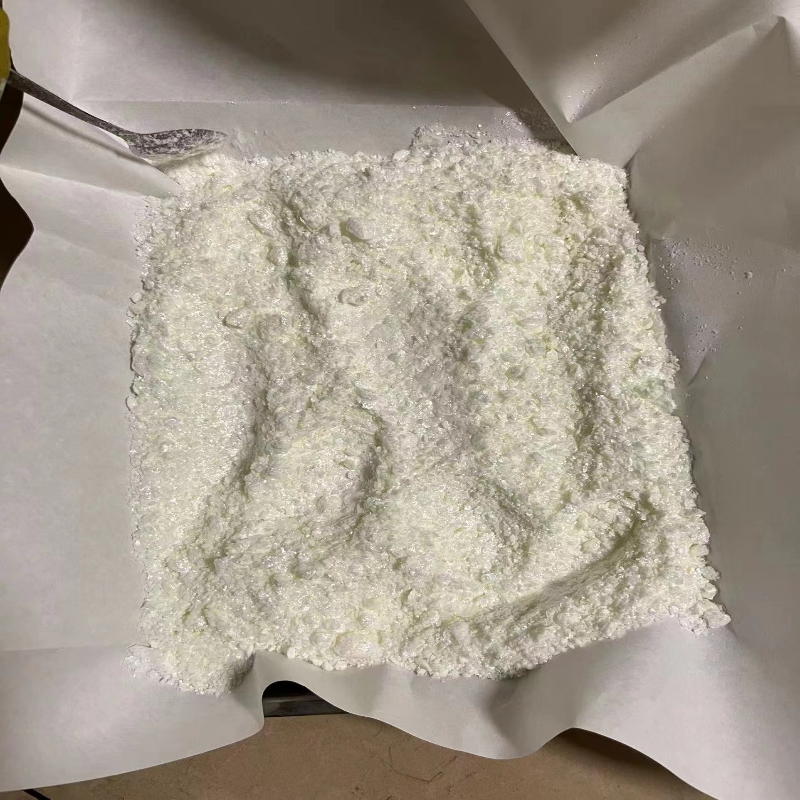-
Categories
-
Pharmaceutical Intermediates
-
Active Pharmaceutical Ingredients
-
Food Additives
- Industrial Coatings
- Agrochemicals
- Dyes and Pigments
- Surfactant
- Flavors and Fragrances
- Chemical Reagents
- Catalyst and Auxiliary
- Natural Products
- Inorganic Chemistry
-
Organic Chemistry
-
Biochemical Engineering
- Analytical Chemistry
-
Cosmetic Ingredient
- Water Treatment Chemical
-
Pharmaceutical Intermediates
Promotion
ECHEMI Mall
Wholesale
Weekly Price
Exhibition
News
-
Trade Service
In order to reduce greenhouse gases and the use of single-use plastics and solve the problem of environmental pollution, the research group of Professor Lee Eun-yeol (transliteration) of Kyung Hee University in Seoul, South Korea, uses industrial by-products to create added value.
He uses methane CH₄ as a carbon source to carry out renewable energy Manufacture of biodegradable plastic PHA
.
Kyung Hee University is one of the most famous institutions of higher learning in South Korea.
The current President of South Korea, Moon Jae-in, graduated from Kyung Hee University with a major in law
.
Concept image of biodegradable plastic manufacturing technology using methane
Climate change caused by greenhouse gases is a global environmental problem that is directly or indirectly related to human survival.
Environmental pollution caused by the use of non-degradable plastics is also a problem that must be solved
.
In recent years, due to the new crown epidemic, the use of single-use plastics has increased, causing great social problems
.
In this case, the technology developed by Professor Li, which can overcome these two environmental problems at the same time, has attracted widespread attention
.
On May 17, according to the Natural Gas Resources Department of Sogang University, methane CH₄, one of the main greenhouse gases, was used as a carbon source to manufacture biodegradable plastic PHA.
This technology was developed by Professor Li Enlie from the Department of Chemical Engineering of Kyung Hee University.
Developed by the research group
.
Methane is a typical waste gas, emitted in large quantities from petrochemical by-products, the dairy industry, the extraction process of crude oil and natural gas, wastewater treatment and landfills
.
This technology is to improve the gene of the microorganism methane magnetizing bacteria, which uses methane waste gas as a carbon source
.
A technique for synthesizing PHA copolymer P(3HB-Co-4HB) from methane using metabolic engineering
.
P(3HB-co-4HB) is a microbial polymer with higher degradability compared to existing biodegradable plastics
.
So far, Type II methanotrophs have been nearly impossible to manipulate genetics and therefore less useful
.
In this study, they developed a biocatalyst that could optimize the relevant key elements to introduce the 4-hydroxybutyrate biosynthesis pathway into the methane metabolic pathway, which was then converted into a monomer with CoA convertase and carried out Co-polymerization
.
The technology is considered one of the best because it reduces greenhouse gases and solves the environmental pollution caused by the use of single-use plastics
.
In addition to the advantages of using greenhouse gases to produce biodegradable plastics, it is also expected to create added value by not using petroleum as a raw material, and by utilizing industrial by-product gas, a type of industrial gas
.
Follow-up research is underway, where they are developing a technology that uses both the greenhouse gases methane and carbon dioxide to make biodegradable plastics, with tangible results so far
.
Following this, it is expected that technologies to convert two representative greenhouse gases into biodegradable plastics will be developed
.
The results of the study were published online May 12 in Bioresource Technology, a scientific journal related to bioresource recovery, and a related patent has also been filed
.
Meanwhile, the research was carried out with the support of the Ministry of Science, ICT and ICT and the C1 Natural Gas Refinement Project of the National Research Foundation of Korea
.







